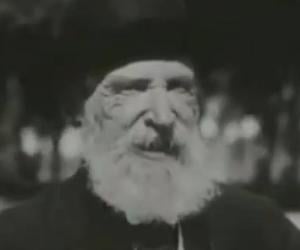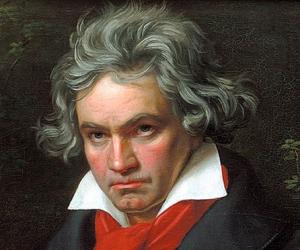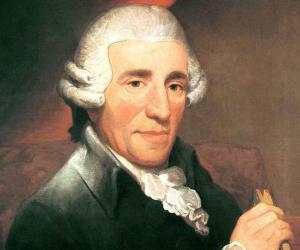German composer and pianist, Ludwig van Beethoven, remains one of the most admired composers in the history of Western music even two centuries after his death. Born into a musical family, he was initially tutored by his father. He found success early as a pianist and went on to become an admired composer despite suffering from hearing-impairment.
Joseph Haydn was an Austrian composer who played a key role in the progression of chamber music during the Classical period. He is often referred to as the Father of the String Quartet and Father of the Symphony for his contributions to musical form. Joseph Haydn is also credited with mentoring and tutoring Mozart and Beethoven, respectively.

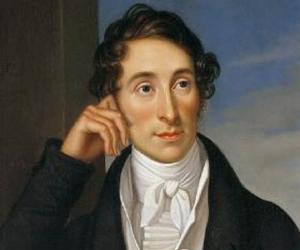
Carl Maria von Weber was a German composer, virtuoso pianist, guitarist, and conductor. A significant musical figure in the Romantic era, he played a key role in the development of the German Romantische Oper (German Romantic opera). He also made significant contributions to vocal and choral music. He was a music critic as well and wrote music journalism.
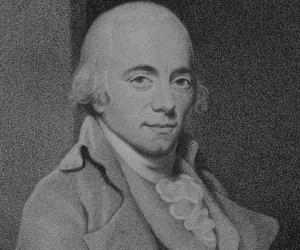
Muzio Clementi was an Italian virtuoso pianist, composer, conductor, music publisher, editor, pedagogue, and piano manufacturer. He developed a technical legato style and then passed it on to a generation of musicians, including Johann Baptist Cramer, John Field, and Friedrich Kalkbrenner among others. Muzio Clementi also influenced world-renowned musicians like Frédéric Chopin and Ludwig van Beethoven.
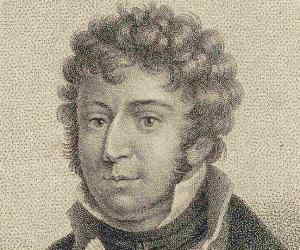
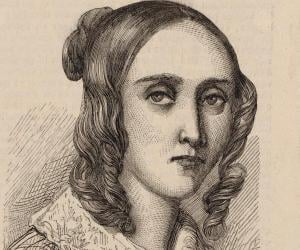

Born into the musical family of a composer father and a pianist/singer mother, Johann Friedrich Franz Burgmuller was no stranger to music in childhood. A talented cellist, too, the German Romantic composer later settled in Paris, where he composed everything from piano pieces to waltzes and ballets.
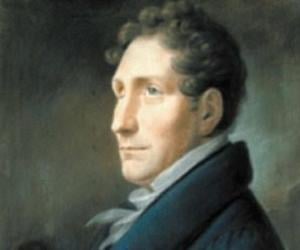
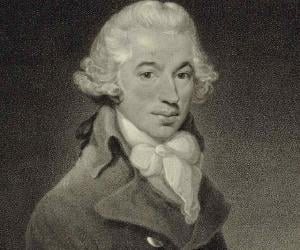
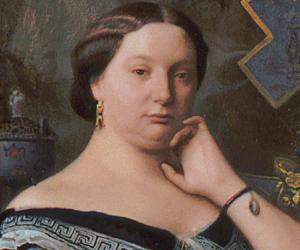
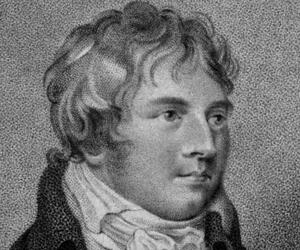
Composer-pianist Jan Ladislav Dussek remained instrumental in representing Czech music globally, travelling widely across Europe and performing at courts and concert venues. Noted for technical prowess, Dussek played a significant role in extending the size of the pianoforte. His compositions for the harp are regarded as standard repertoire for all harpists, while the ones for piano are highly valued by many teachers.
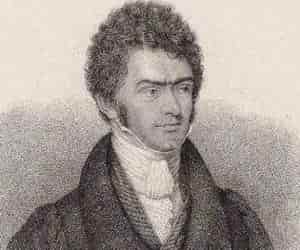
Ferdinand Ries was a German composer best remembered for his association with Ludwig van Beethoven. He studied under Beethoven before going on to become his secretary. Ries is credited with helping Beethoven with the premieres of the latter's Fifth and Sixth Symphonies which were used in the Beethoven concert of 22 December 1808.
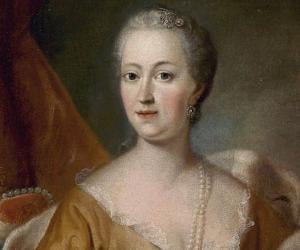
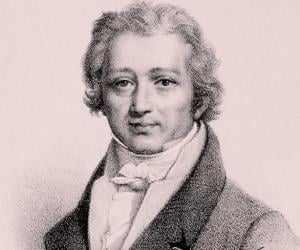
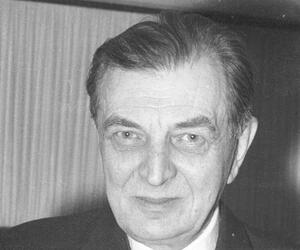
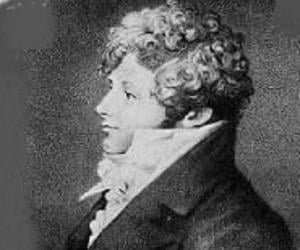
Daniel Steibelt was a German composer and pianist who lived and worked in Paris and London. A prolific composer, Steibelt's works became popular throughout Europe. He also contributed immensely to several dramatic operas, such as Romeo et Juliette which was produced in 1793 at the Théâtre Feydeau.
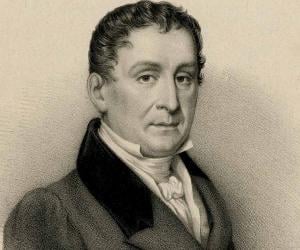
Johann Baptist Cramer was an English pianist, music publisher, and composer of German origin. The son of Wilhelm Cramer, Johann studied under Muzio Clementi and went on to become one of the greatest pianists of his time. Renowned for its technical perfection, Johann Cramer's playing style earned praises from popular pianists around the world, including Ludwig van Beethoven.

